New Zealand's approach to addressing drug addiction has been a subject of international interest, reflecting the country's commitment to public health and social welfare. In recent years, New Zealand has implemented innovative drug addiction programs that not only aim to rehabilitate individuals but also integrate them back into society. This article delves into how these programs are structured, their effectiveness, and the broader impact they have on the country's economy and social fabric.
The Current Landscape of Drug Addiction in New Zealand
New Zealand has seen a significant increase in drug-related issues over the past decade. According to the New Zealand Health Survey, around 12% of adults reported using illicit drugs in the past year. The most common substances include cannabis, methamphetamine, and opioids. This rising trend poses a significant challenge to the healthcare system and the economy.
Economic Implications
Drug addiction not only affects individuals but also has broader economic implications. The Ministry of Business, Innovation and Employment (MBIE) reports that drug abuse contributes to lost productivity, increased healthcare costs, and higher crime rates. In 2022, the economic cost of drug abuse was estimated to be over NZD 1.8 billion, highlighting the need for effective intervention programs.
Innovative Approaches: How New Zealand’s Programs Work
New Zealand’s drug addiction programs are designed with a holistic approach, focusing on rehabilitation, education, and reintegration. These programs are often community-based and involve collaboration between healthcare providers, social workers, and law enforcement agencies.
Case Study: Te Ara Oranga
Problem: In Northland, methamphetamine addiction was rampant, contributing to crime and social issues.
Action: The Te Ara Oranga program was launched, combining law enforcement with health services to provide treatment and support for users. It involved community outreach, education, and providing access to treatment facilities.
Result: Within a year, methamphetamine-related crimes dropped by 34%, and over 500 individuals received treatment, significantly reducing the strain on local health services.
Takeaway: Community-focused programs that integrate multiple sectors can effectively address drug addiction and its associated social issues.
Evaluating Program Effectiveness
Effectiveness is measured through various metrics, including reduction in drug use, improved mental health, and decreased criminal activity. A study by the University of Otago found that participants in New Zealand’s drug rehabilitation programs reported a 45% reduction in drug use within six months of treatment.
Expert Insights
Dr. Sarah Thompson, a leading researcher in addiction studies, states, "New Zealand's emphasis on holistic and integrated approaches sets a benchmark in addiction treatment. By focusing not just on detoxification but also on social reintegration, these programs offer sustainable solutions."
Challenges and Criticisms
Despite these successes, challenges remain. Funding constraints and resource limitations hinder the scalability of these programs. Moreover, rural areas often lack access to necessary services, contributing to disparities in treatment outcomes.
Contrasting Perspectives
While some advocate for increased government funding and expansion of these programs, critics argue for more stringent drug policies. The debate continues over whether harm reduction or punitive measures are more effective in combating addiction.
Pros and Cons of New Zealand’s Approach
Pros:
- Comprehensive Care: Integration of health services with law enforcement enhances the support system.
- Community Involvement: Engaging local communities fosters a supportive environment for recovery.
- Reduction in Crime: Programs have led to a measurable decrease in drug-related crimes.
Cons:
- Resource Intensive: Requires significant investment in human and financial resources.
- Access Disparities: Rural areas often face challenges in accessing these programs.
- Dependency on Funding: Sustainability is threatened by fluctuating government budgets.
Debunking Common Myths
Myth vs. Reality
Myth: "Drug addiction is a choice, not a disease."
Reality: Addiction is a chronic disease that alters brain function, requiring medical and psychological intervention (Source: World Health Organization).
Myth: "Addiction programs are too expensive and not worth the investment."
Reality: For every NZD 1 spent on addiction treatment, NZD 4 is saved in healthcare and crime-related costs (Source: MBIE).
Future Trends and Predictions
Looking ahead, New Zealand's drug addiction programs are likely to become more tech-integrated, utilizing AI for personalized treatment plans. By 2028, it's predicted that digital health interventions could increase treatment accessibility by 60%, particularly in remote areas (Source: Deloitte Health Report 2024).
Conclusion
New Zealand’s innovative approach to drug addiction treatment is not only helping those in need but also contributing to a healthier society and economy. By focusing on holistic care and community involvement, these programs offer sustainable solutions that can be adapted globally. What are your thoughts on these programs? Share your insights below!
People Also Ask
- How do drug addiction programs impact New Zealand's economy? Drug addiction programs reduce healthcare costs and crime, contributing to economic stability. For every dollar spent, four dollars are saved in other areas.
- What are the biggest misconceptions about drug addiction in New Zealand? A common myth is that addiction is a choice, but it is a chronic disease that requires comprehensive treatment, according to the World Health Organization.
- Who benefits the most from drug addiction programs? Individuals struggling with addiction, healthcare systems, and communities benefit, as these programs reduce crime and improve public health.
Related Search Queries
- Drug addiction treatment in New Zealand
- Impact of drug programs on NZ economy
- Holistic approaches to addiction
- Te Ara Oranga program success
- Future of addiction treatment in NZ







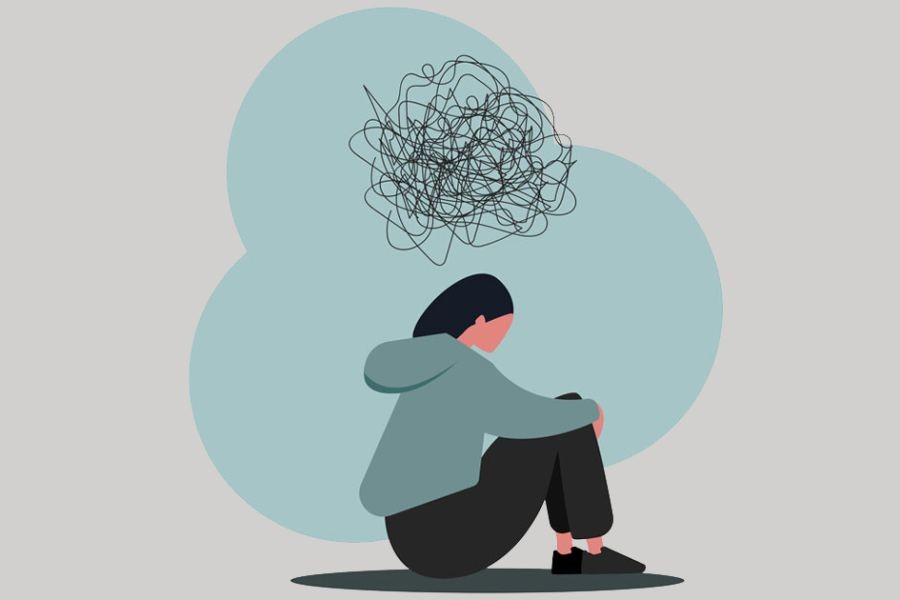


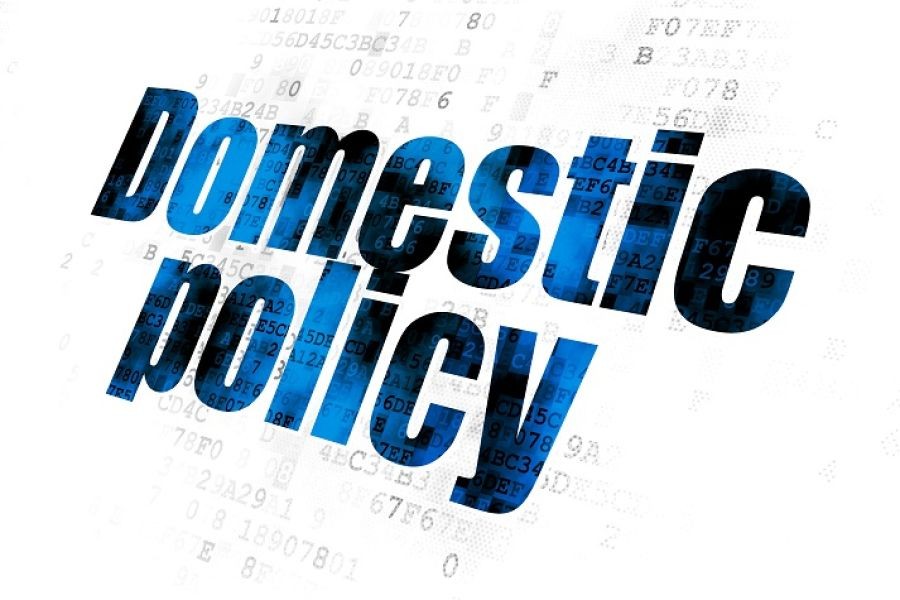



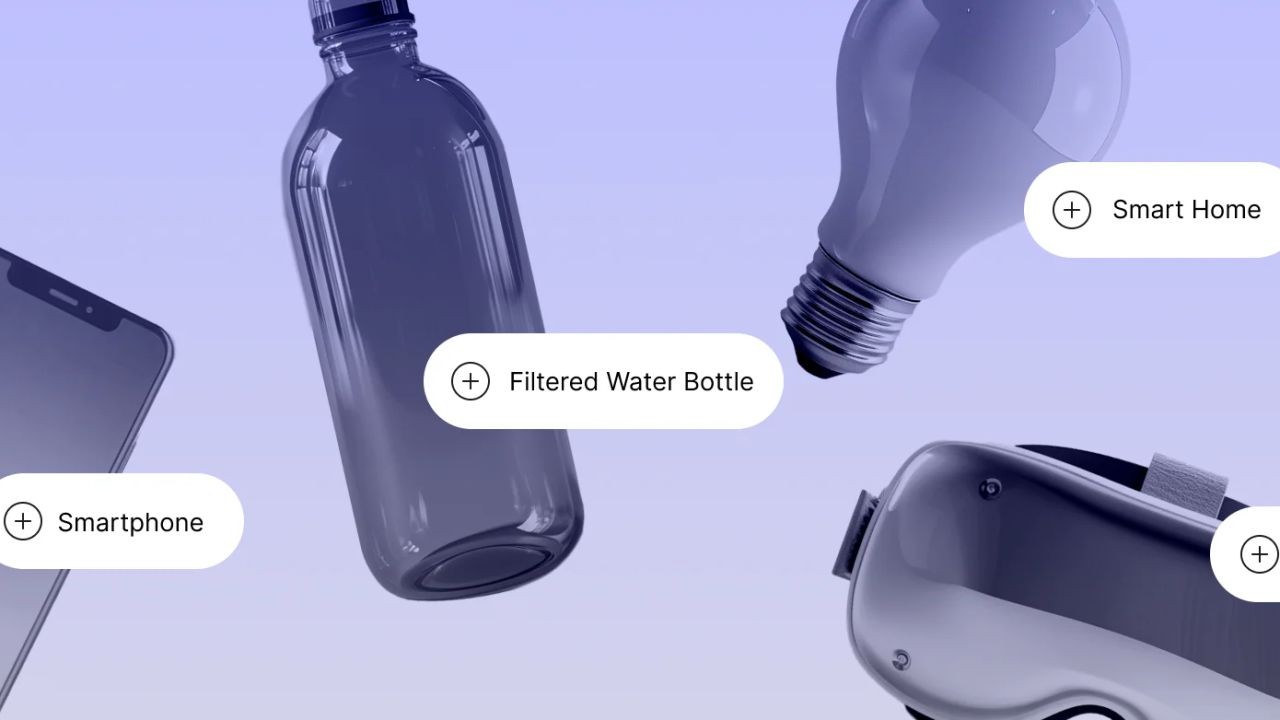





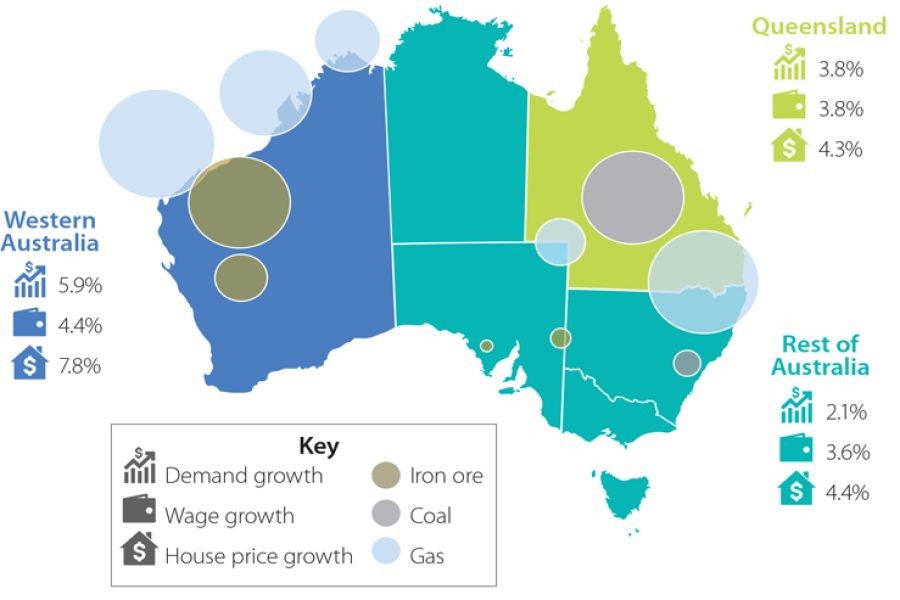

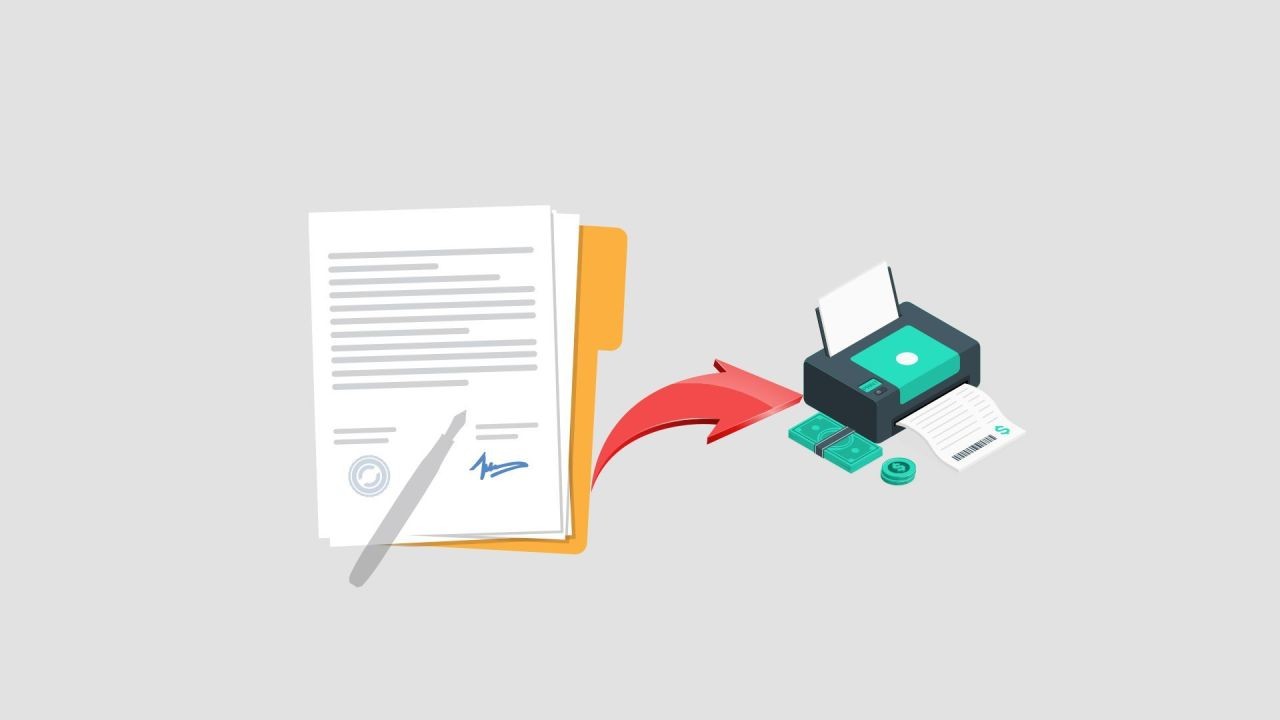










tanyamccloughr
10 months ago